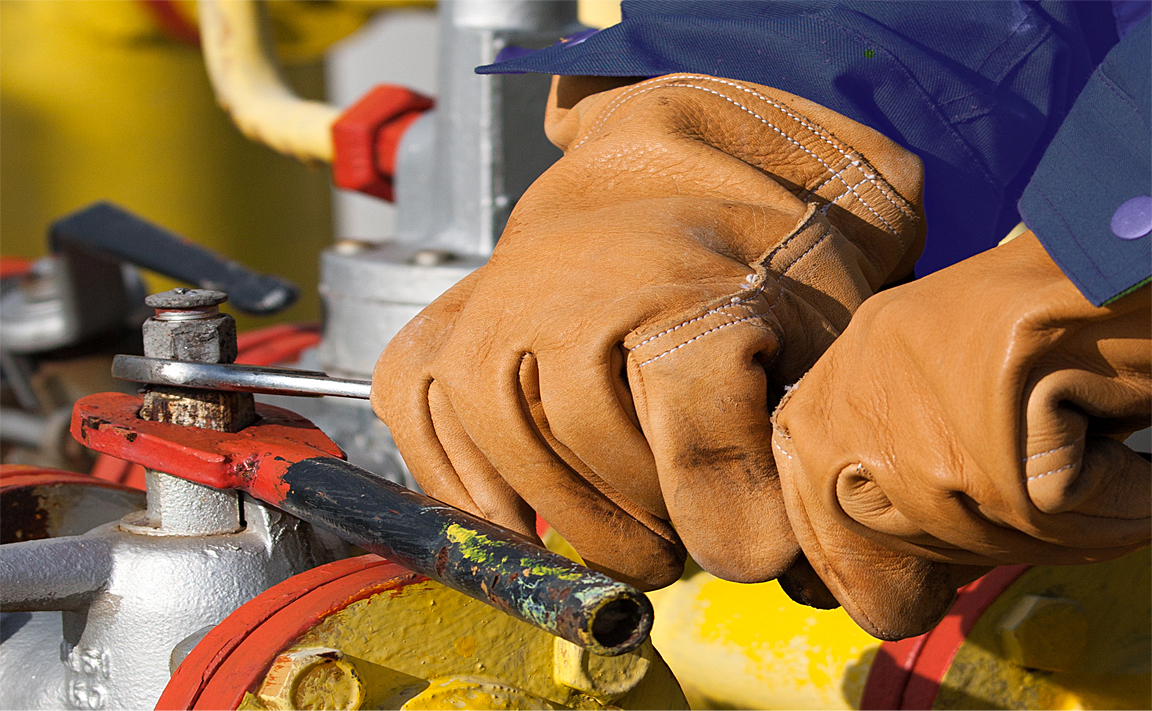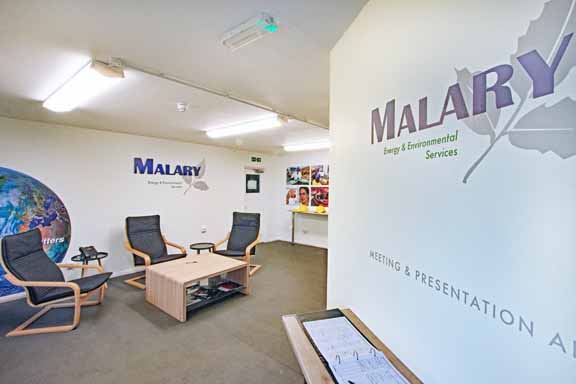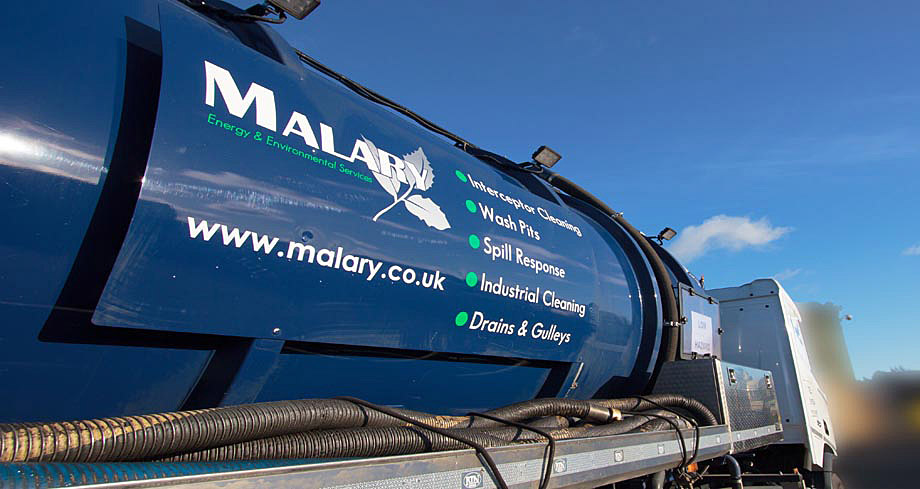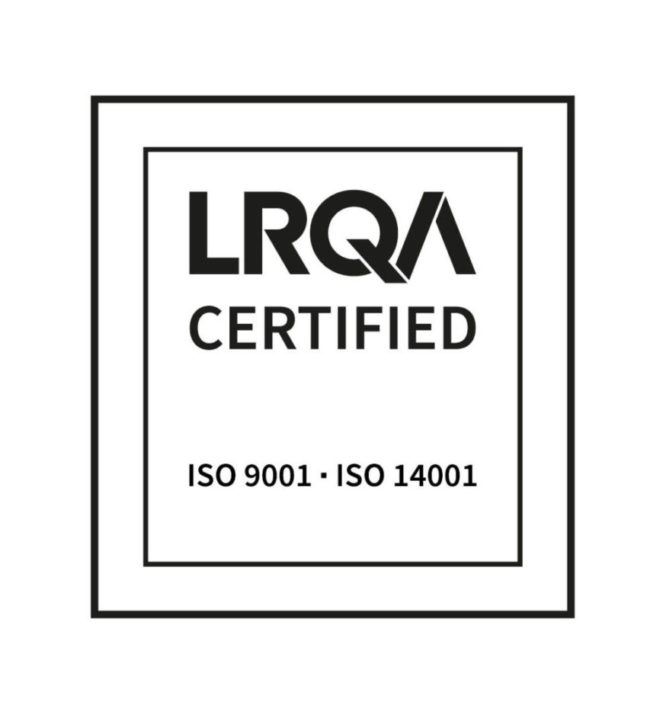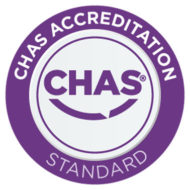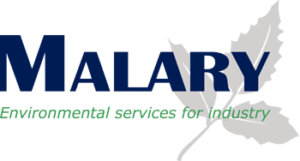This website uses cookies so that we can provide you with the best user experience possible. Cookie information is stored in your browser and performs functions such as recognising you when you return to our website and helping our team to understand which sections of the website you find most interesting and useful.

Solar and other
Integrated Support Systems

Plant installation/removal
Bespoke projects

Plastics and metals
Crushing and Recycling

Performance and protection through
Scheduled maintenance

Designed and commissioned
Automated Systems

Designed and managed
Multi-site projects

Fluids removal
Recycling and processing

